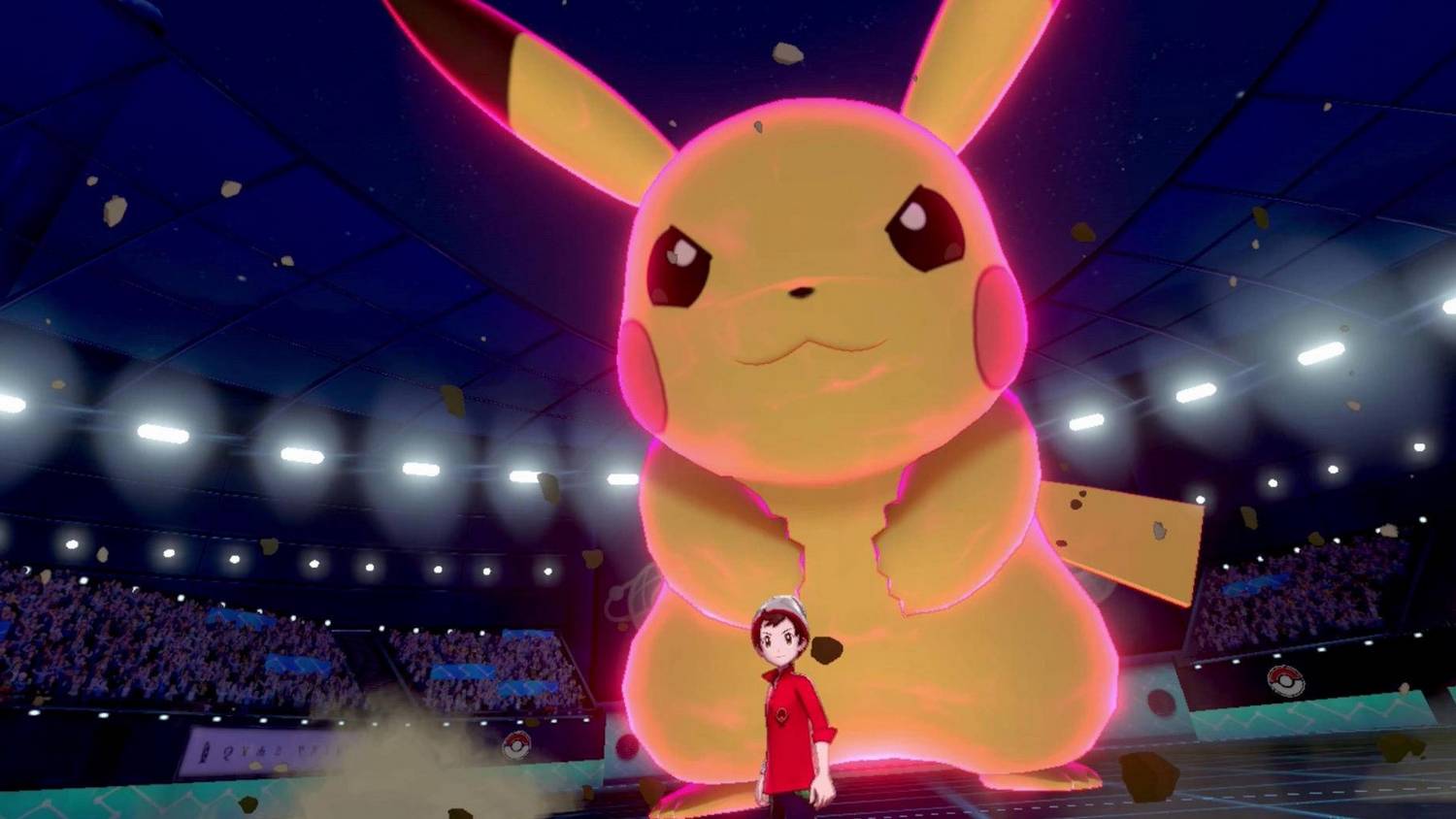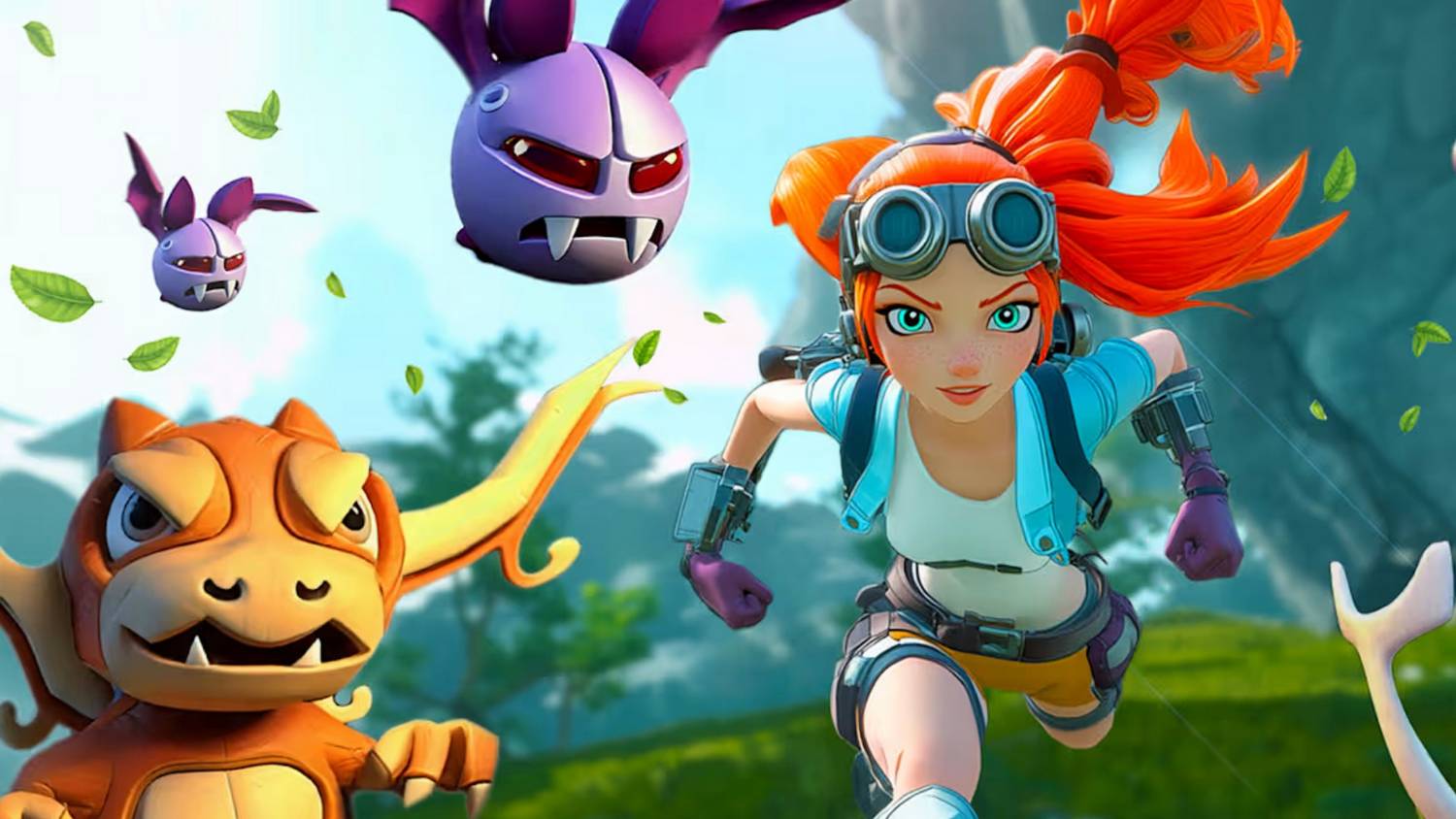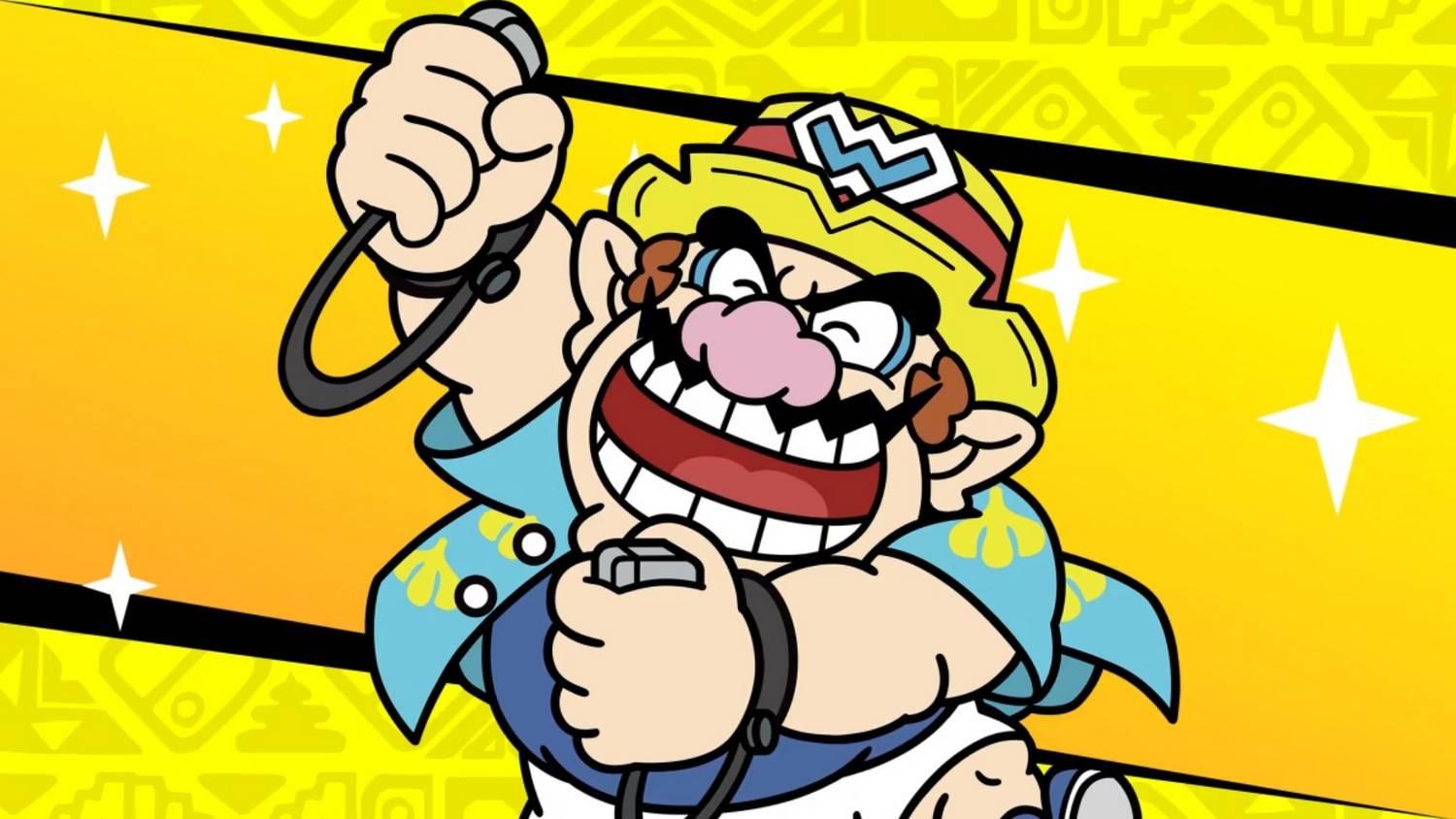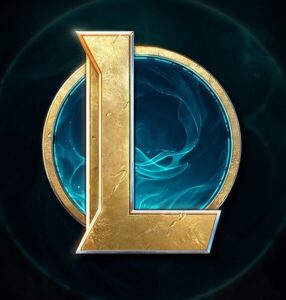Nintendo’s Legal Gambit: The “Mods Aren’t Real Games” Stance That Could Undermine Gaming’s Future
Popular Now
 Black Myth: Wukong
Black Myth: Wukong
 Valorant
Valorant
 Minecraft
Minecraft
 Geometry Dash
Geometry Dash
 Counter-Strike 2
Counter-Strike 2
 Fortnite
Fortnite
 Gacha Club
Gacha Club
 The Legend of Zelda
The Legend of Zelda
 Warframe
Warframe
 Grand Theft Auto V
Grand Theft Auto V
 The high-stakes legal battle between Nintendo and Pocketpair, the creators of the smash-hit survival game Palworld, has taken a dramatic and deeply concerning turn. As the two companies clash in a Japanese court, new filings reveal that Nintendo’s legal team is taking an aggressive and unprecedented stance: arguing that user-generated mods do not constitute “prior art” because they are not “real games.” This position, if upheld, has the potential to set a dangerous legal precedent, not only in the Palworld case but for the entire video game industry and the vibrant modding community that has long been a source of innovation.
The high-stakes legal battle between Nintendo and Pocketpair, the creators of the smash-hit survival game Palworld, has taken a dramatic and deeply concerning turn. As the two companies clash in a Japanese court, new filings reveal that Nintendo’s legal team is taking an aggressive and unprecedented stance: arguing that user-generated mods do not constitute “prior art” because they are not “real games.” This position, if upheld, has the potential to set a dangerous legal precedent, not only in the Palworld case but for the entire video game industry and the vibrant modding community that has long been a source of innovation.
 The Palworld Lawsuit and the Battle over Prior Art
The Palworld Lawsuit and the Battle over Prior Art
The crux of the legal dispute hinges on whether Palworld infringes on several patents held by Nintendo related to creature-catching and in-game mechanics. In its defense, Pocketpair has pointed to a well-known mod for Dark Souls 3 called “Pocket Souls” as a piece of “prior art.” In patent law, prior art is any evidence that an idea or invention was already in existence and publicly known before a patent was filed. If a defendant can successfully prove that a patent’s claims are covered by prior art, it can invalidate the patent altogether. The Pocket Souls mod, which transforms the grim, gothic world of Dark Souls 3 into a Pokémon-themed adventure, serves as a powerful example of the mechanics in question existing long before Nintendo’s patents were filed.
Nintendo’s counter-argument is both audacious and dismissive. They are telling the court that mods should not be considered prior art because they are not “standalone” or “real” games, as they rely on a pre-existing title to function. This line of reasoning is a direct attack on the very nature of modding—a creative practice that has shaped the gaming landscape for decades. For Nintendo, it’s a strategic move to narrow the pool of evidence that can be used against its patents. For the gaming community, it feels like an insult to the countless hours of creative labor poured into projects that have, in many cases, outlived the original games they were built upon.
 The Dangers of a Legal Precedent Against Mods
The Dangers of a Legal Precedent Against Mods
Legal experts and industry analysts are sounding the alarm. If a court accepts Nintendo’s argument, it could have far-reaching and detrimental consequences. Here’s why this stance is so dangerous:
- Erosion of Innovation: The modding community has been a crucible for some of the most innovative and popular gameplay mechanics in history. Games like Counter-Strike, Dota 2, and even the original Team Fortress all began as mods. By devaluing mods as “prior art,” companies could potentially patent mechanics and ideas that were openly and publicly pioneered by hobbyist creators, claiming them as their own original inventions.
- Lack of Protection for Modders: Modders, who typically work for free and without the legal and financial resources of a corporation, would be left with little to no protection. Their creative work would become “fair game” for larger companies to exploit. This could disincentivize future creativity and stifle the grassroots innovation that has long been a hallmark of PC gaming.
- A Blow to Fair Use and Transformative Works: Nintendo’s position is an aggressive interpretation of intellectual property law. It fundamentally disregards the concept of transformative works and the value that fan creations bring to a brand. While Nintendo has a long history of shutting down fan projects, this new legal argument in a high-profile case takes their hardline stance to a new and disturbing level.
A History of Hostility: Nintendo’s Reputation and the DMCA
This latest legal maneuver is not an isolated incident. Nintendo has long been criticized for its litigious and often-aggressive approach to protecting its intellectual property. The company has a well-documented history of issuing DMCA takedown notices against fan-made games, emulators, and ROM hacks. While intellectual property protection is a legitimate concern for any company, Nintendo’s methods are often seen as overly hostile, targeting not just those who profit from piracy but also dedicated fans who are simply expressing their passion for a franchise.
The Palworld case highlights a new frontier in this legal war. Rather than simply issuing takedowns for copyright infringement, Nintendo is now attempting to influence patent law itself. By arguing that mods are not “real games,” they are trying to create a legal distinction that could serve their interests in future lawsuits, allowing them to dismiss any evidence from the modding community that challenges their claims of originality. This is not just about Palworld; it is a calculated risk that, if successful, could have profound implications for the future of game development and the open, collaborative spirit of the modding community.
Conclusion: A Landmark Case with Wide-Ranging Consequences
The ongoing legal battle between Nintendo and Pocketpair is more than just a dispute over a single game. It is a landmark case that will help define the legal status of fan creations and the role of the modding community in the video game ecosystem. Nintendo’s argument that “mods aren’t real games” is a short-sighted and potentially harmful position that shows a shocking disregard for the creative contributions of millions of players. The outcome of this lawsuit will not only determine the fate of Palworld but could also set a dangerous precedent, opening the door for companies to patent and commercialize ideas that were born from the very communities they now seek to legally invalidate. For the sake of future innovation and the rights of creators, one can only hope that the court sees through this aggressive legal tactic and recognizes the undeniable value that mods have brought to the gaming world.









